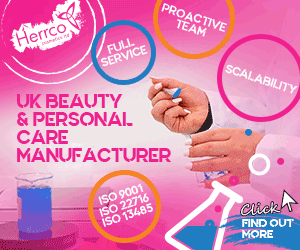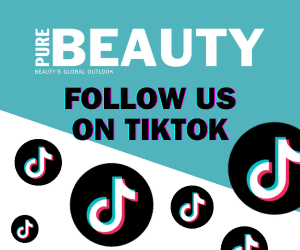The coronavirus pandemic has rocked the cosmetics industry this year, rapidly altering where consumers shop and what they buy.
Lockdown and social distancing restrictions have tipped the balance dramatically towards online shopping.
According to consultants McKinsey, it is estimated that 2020 will see a 20 to 30% rise in e-commerce for the beauty industry.
Digital trade has been a lifeline for many brands, but such a sudden, unplanned shift brings its own risks.
Counterfeiters have seized on the surge in web searches to flood markets with fraudulent products, eager to profit off the back off the inexperience of some consumers, new to buying online.
Despite the hope heralded by news of a vaccine, it will be some time before the industry is ‘back to normal’ and the dominance of online shopping is likely to remain long after the beauty counter reigns again.
As counterfeiters adapt to the new landscape, developing ever more sophisticated methods and targeting





